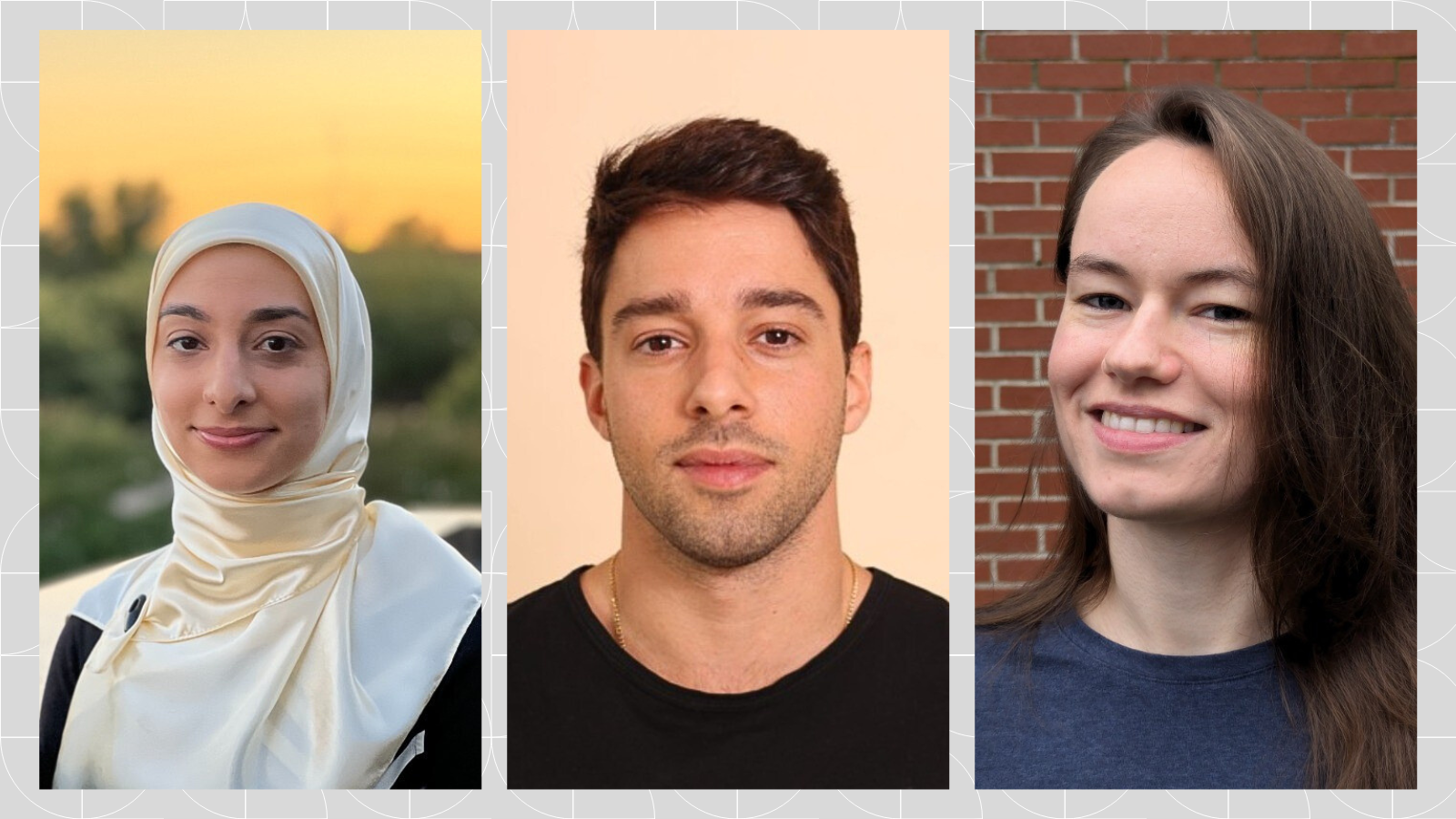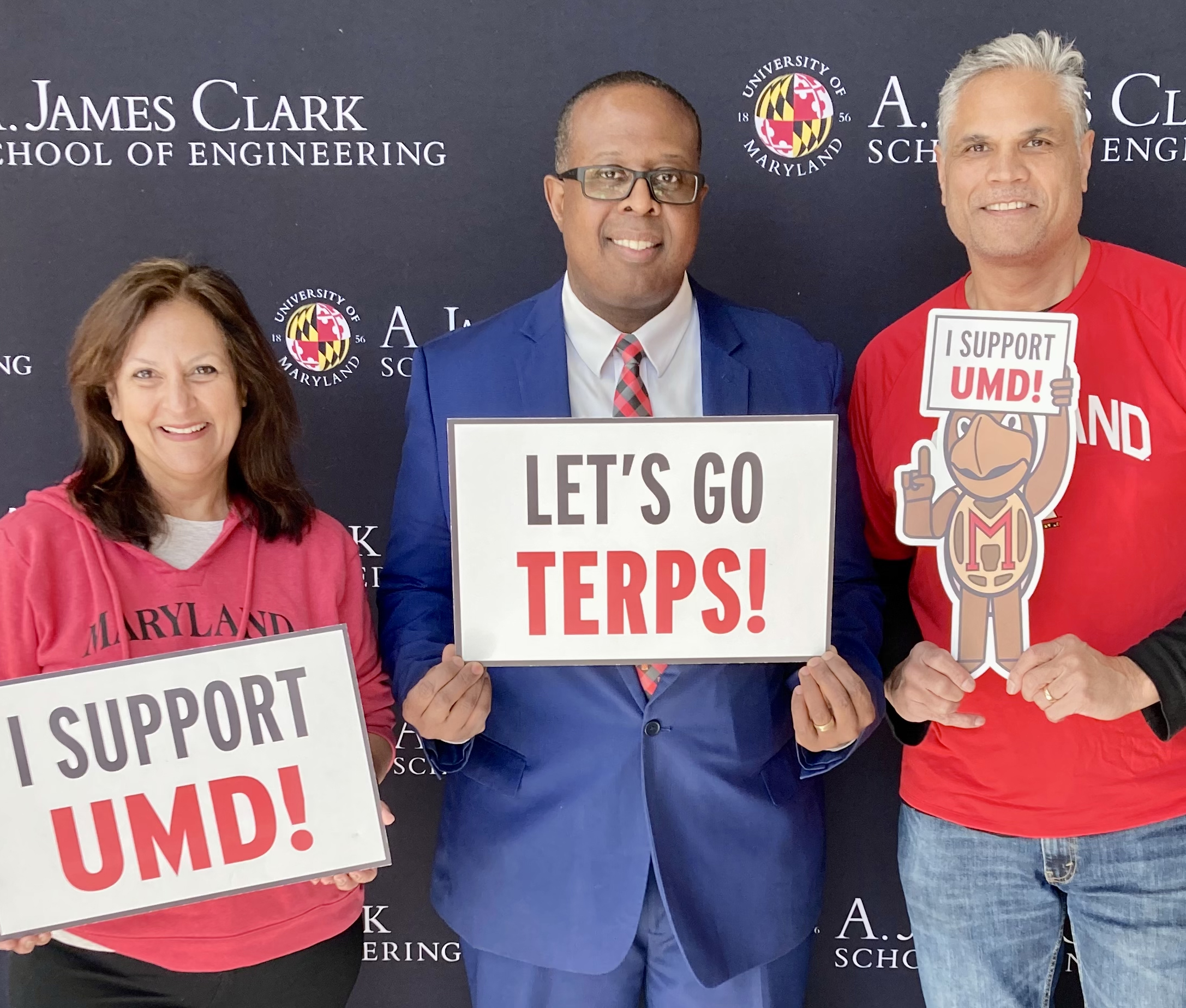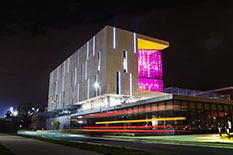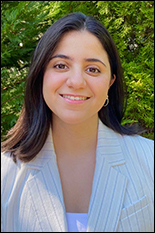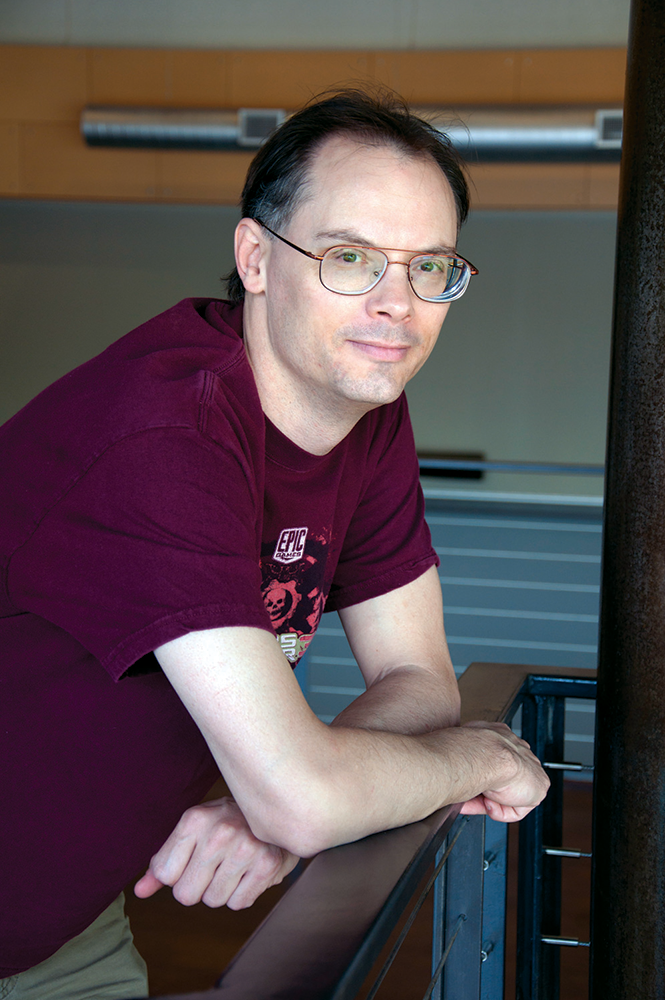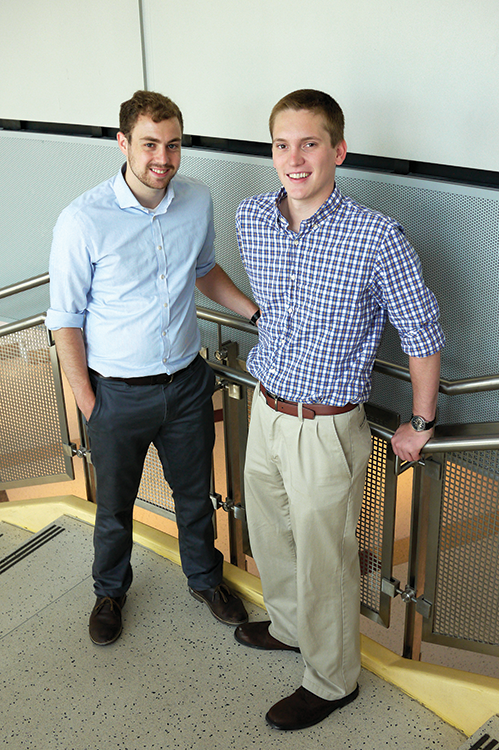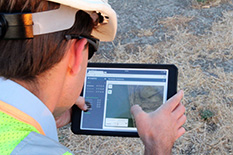News Story
FlexEl is Maryland Incubator Company of the Year
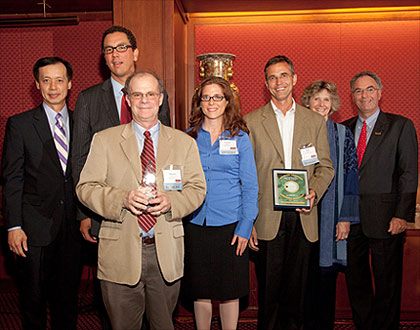
(Center, front row, from left to right) FlexEl award winners Prof. Martin Peckerar, Karina Drees, and Bob Proctor pose at the 2010 Maryland Incubator Company of the Year Awards ceremony in Baltimore, Md. Also pictured, back row, left to right: Benjamin Wu, Maryland Department of Business and Economic Development (DBED); Christian S. Johansson, secretary, Maryland DBED; Barbara Dreyer, president & CEO, Connections Academy®; John M. Wasilisin, acting president and executive director, TEDCO. Photo by Tracey Brown.
FlexEl LLC, a company created by Clark School electrical and computer engineering (ECE) faculty that is developing rechargeable, flexible, thin-film batteries, was named Company of the Year in the technology transfer category at the 2010 Maryland Incubator Company of the Year Awards, held June 15 in Baltimore. FlexEl, a participant in the Maryland Technology Enterprise Institute (Mtech) Technology Advancement Program (TAP) incubator, was selected among 22 finalists.
FlexEl is commercializing a flexible, ultra-thin battery with a thickness comparable to a business card. The batteries have higher storage capacity than any other battery available today, are non-toxic, and can be recharged wirelessly. Clark School ECE Professors Martin Peckerar and Neil Goldsman, along with research associate and ECE alumna Zeynep Dilli, developed the company’s patent-pending technologies.
FlexEl won the University of Maryland's Invention of the Year award in 2008, and the high-technology category of the University of Maryland's $75K Business Plan Competition in 2009.
Three other companies created by Clark School faculty and supported by Mtech's TAP incubator programs were finalists in the competition:
• Omnispeech LLC is developing speech extraction technology for cellular and other communications. Omnispeech's technology solves a major problem—background noise in cell phone conversations—with cost-effective software, while current solutions require bulky, cost-intensive hardware. The company won the high tech category in the 2010 UM $75K Business Plan Competition and is currently in the VentureAccelerator program. The company was founded by ECE Professor Carol Espy-Wilson.
• Resensys LLC develops self-powered, energy-harvesting, wireless, distributed sensors for monitoring structures such as bridges, buildings, and pipelines. The company's patent-pending technology, invented by electrical and computer engineering assistant research scientist, telecommunications faculty member, and alumnus Mehdi Kalantari, will detect strain, deformation, and cracks forming in structures, and provide early warnings when problems arise. Resensys' sensors attach to existing structures. Resensys won the high tech category in the 2008 UM $50K Business Plan Competition and graduated from VentureAccelerator to TAP in March 2010.
• Remedium Technologies Inc. develops hemostatic (blood-clotting) technologies that use patent-pending nano-hooks to stop severe bleeding much more effectively and safely than existing products. Remedium won second place in the faculty and graduate student category in the 2007 UM $50K Business Plan Competition and is currently in the VentureAccelerator program. The company's technology was invented by Fischell Department of Bioengineering doctoral candidates Matthew Dowling and Peter Thomas, as well as associate professor Srinivasa Raghavan (chemical and biomolecular engineering).
Sponsored by The Maryland Technology Development Corporation (TEDCO), RSM McGladrey, Maryland Department of Business & Economic Development (Maryland DBED), and Saul Ewing LLP, the Maryland Incubator Company of the Year awards are chosen in several categories by a selection committee of regional industry leaders and early-stage investors. Award recipients benefit from publicity and gain greater credibility in the business, technology, and investment communities.
Selection criteria for a winning company includes: success in achieving its objectives, its technology or product development; growth in revenue or earnings; number of customers and significant customers; technology transfer; attraction of outside investors; and impact on the region. Award recipients were chosen based on their nomination form, onsite visits, and interviews with references.
Published June 22, 2010
